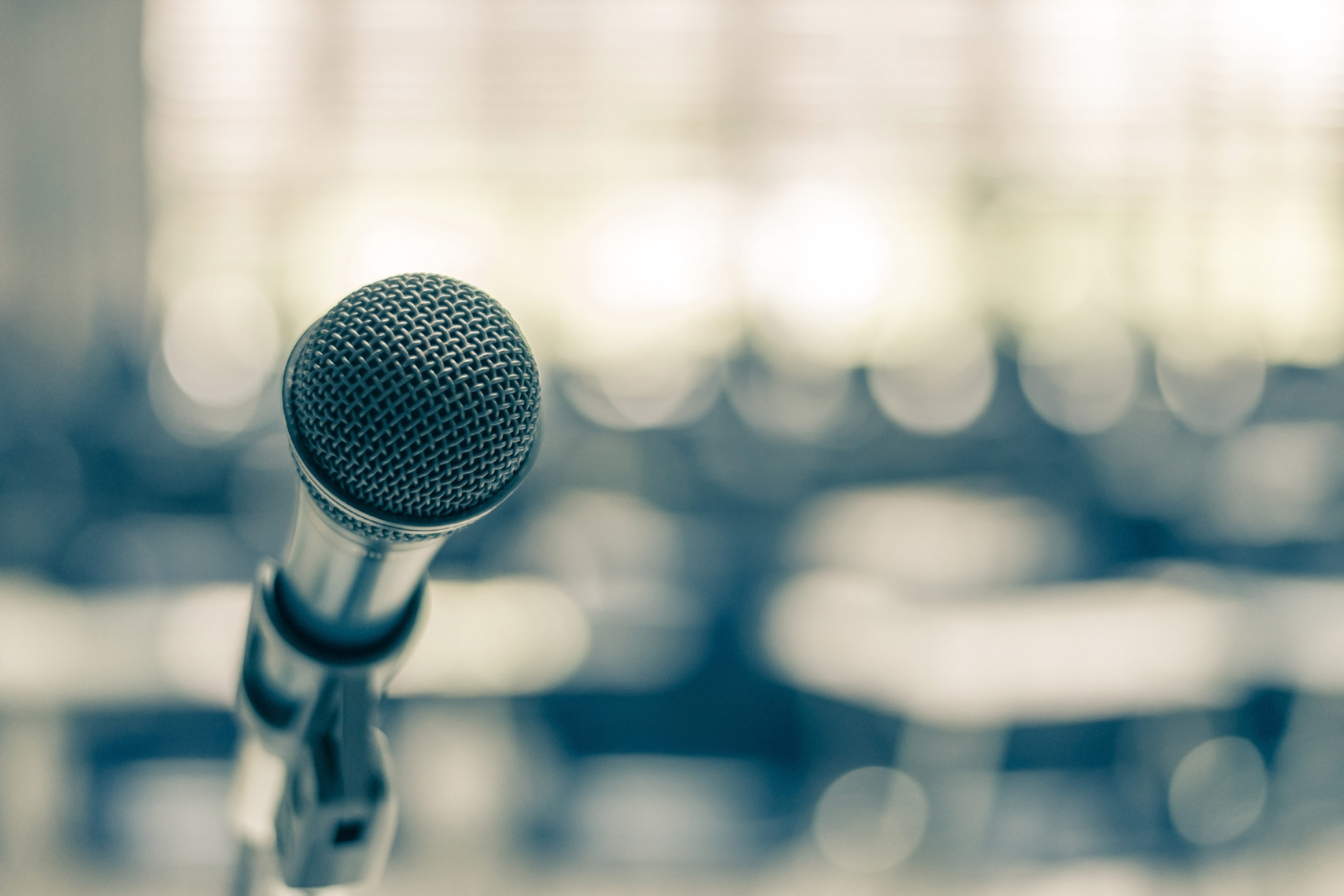Facebook & The “F-Word”: Free Speech
Facebook & The “F-Word”: Free Speech

What is a Public Forum?
When the founding fathers first wrote the United States Constitution, do you think they could have ever imagined a public forum such as the Internet or social media? The legal definition of public forum is “a place that has a long-standing tradition of being used for, is historically associated with, or has been dedicated by government act to the free exercise of the right to speech and public debate and assembly.” Technically, this means Facebook, Instagram, and Twitter would not be considered a public forum by the government, but should they be? Or more interestingly, have they become public forums for purposes of internet defamation and free speech considerations?
The Public Forum Debate
In 2017, former U.S. Supreme Court Justice Anthony Kennedy, compared the Internet to a public forum in an opinion regarding the First Amendment case, Packingham v. North Carolina.
“While in the past there may have been difficulty in identifying the most important places (in a spatial sense) for the exchange of views, today the answer is clear. It is cyberspace—the “vast democratic forums of the Internet…” Kennedy wrote in his opinion to the court.
This insight from Justice Kennedy raises questions about social media and how the Internet should be treated as far as the government is concerned. It’s hard, though, to fully address and act upon these questions and concerns because the government does not provide or own any of these social media platforms.
Free Speech and Social Media
Facebook, a publicly-traded company founded by Mark Zuckerberg, was one of the most widely used and powerful vehicles for spreading messages at the beginning of the digital era. Now, Instagram has dethroned it’s sister-company- at least in the lives of gen Z and millennials. Businesses have even begun relying heavily on these platforms to increase profits through the collection of user data and paid ads. Capital One Shopping Research reports “over 1.72 billion or 70% of active users shop on Instagram” as of December 2023.
Twitter, another publicly-traded social media platform, has become known to billions of users as a fast, easy way to communicate all over the world. Twitter is also used widely to send political messages and updates, in addition to hate speech and controversy… just ask former President Trump.
Seeing as how public and popular of a forum these social media platforms are, how does the government plan to regulate its power? Well, according to the First Amendment, it can’t. Unless they plan to amend the constitution, the regulation of these websites is not entirely possible.
In a way, this is good because it upholds our First Amendment right to free speech. On the other hand, it opens the door for harmful material to be uploaded to a much wider audience than ever before.
Free Speech Limitations or Public Protection?
Recently, Mark Zuckerberg addressed the issue of Facebook’s power when proposing internet regulations in four areas. Those areas include: harmful content, election integrity, privacy and data, and portability.
It’s surprising to see the inventor of such a wildly successful platform like Facebook, publicly addressing its flaws without force or governmental interference. In fact, it’s the opposite! It’s almost as if he is inviting the government to interfere.
During the 2016 presidential election, Facebook received backlash over it’s handling of the Russian interference with our elections. Many countries outside the U.S. also feel the company’s policies on hate speech are not strict enough. However, U.S. conservative lawmakers have accused Facebook of censorship and political bias, according to CNBC. But it can’t possibly be both- strong in censorship but also permissive in allowing wildly uncontrolled content- can it?
Zuckerberg suggested that having an independent body implement standards and define what terrorist propaganda, as well as hate speech, is then Facebook would be able to determine prohibited material and regulate content better. Zuckerberg even proposed that the government pass legislation to regulate political ads on the Internet, noting that Facebook has a difficult time determining when an ad should or shouldn’t be considered political.
“I also believe a common global framework — rather than regulation that varies significantly by country and state — will ensure that the internet does not get fractured, entrepreneurs can build products that serve everyone, and everyone gets the same protections,” said Zuckerberg in a statement posted by CNBC.
Suggesting a more standardized approach to the regulation of content on the platform could impact more than just Facebook, though. Other networking platforms, and even the Internet itself, could potentially be affected if legislation is passed.
Facebook’s Oversight Board
In May 2020, Facebook’s independent body, The Oversight Board, officially announced its first 20 members. The Board is comprised of professors, journalists and heads of state, according to Meta’s Transparency Center, and began hearing cases in October 2020.
In February 2024, The Board expanded its scope to include Threads. This online social media platform is Instagram’s version of Twitter, to put it simply, and is also owned by Meta.
Current Laws Regarding Free Speech on Social Media
Currently, defamation laws are in place to (allegedly) prevent harmful speech from damaging reputations. Historically, defamation laws were sufficient to consider the pros and cons of preventing false and defamatory statements about a person from being used to damage a person’s reputation. However, with social media taking over as the go-to source for any and all “news”, the lines have grown blurry. Some argue that allowing platforms to regulate content themselves is censorship that has no place in America. However, why should we tolerate, or even allow, social media platform unfettered discretion to display any and all speech? Pair this issue with Section 230 of the Communications Decency Act, and the issue of removing harmful content becomes even more complex (but that’s a topic for a later conversation).
Looking for a Defamation Lawyer?
If you have been defamed, harassed, or bullied on social media, or elsewhere online, please contact the defamation attorneys at RM Warner Law. We can help restore your reputation. Explore the rest of our site to learn more!
Similar like this
You also might be interested in
What Cyber Harassment Means in Arizona
Cyber harassment in Arizona includes hostile online messages and coordinated [...]
Understanding Anonymous Defamation: How It Happens Online
Anonymous defamation occurs when false statements are made about a [...]
Why Influencer Lawsuits Are on the Rise: And What It Means for the Industry
The influencer marketing industry has grown significantly over the past [...]
How to Remove Defamatory Content from the Internet: Legal Options Explained
In today’s digital world, defamatory content can spread quickly online, [...]





